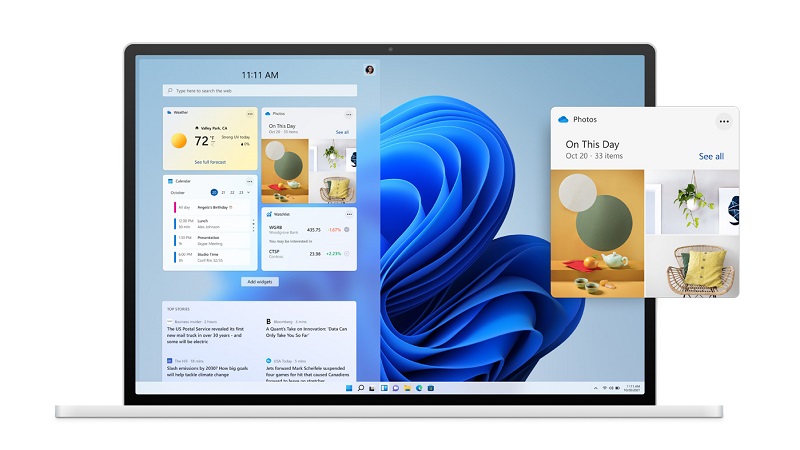Unlike previous generations of Windows operating systems, Windows 11 will have stronger security requirements. This means that Windows 11 won’t be compatible with systems running on older hardware.
In order to install Windows 11, a Trusted Platform Module 2.0 with the ability to use a Secure Boot will be required. The latest information shows that TPM 1.2 will not be supported even though some motherboard manufacturers can upgrade their products to TPM 2.0 via a UEFI update. On the other hand, millions of older devices will not be able to upgrade to TPM 2.0.
Along with TPM 2.0 support, Windows 11 will also require the newer generation of CPUs.
According to Microsoft, only Intel 8th-Gen and newer will be allowed to run Windows 11. This means Intel CPUs that date back to mid-2017 and not earlier.
The full list of supported Intel processors can be found HERE.
As for the AMD processors at least 2nd-Gen Ryzen 2000 series CPUs will be required. This means only AMD processors that date back to 2018 and newer will be supported. The full list of supported AMD processors can be found HERE.
If there will be no changes to security requirements for Windows 11, many users won’t be able to upgrade. For instance, customers with all-in-one systems like Surface Studio 2 which retails from $3.499 will not be able to upgrade to Windows 11 because Surface Studio 2 uses 7th-Gen Intel CPU.
